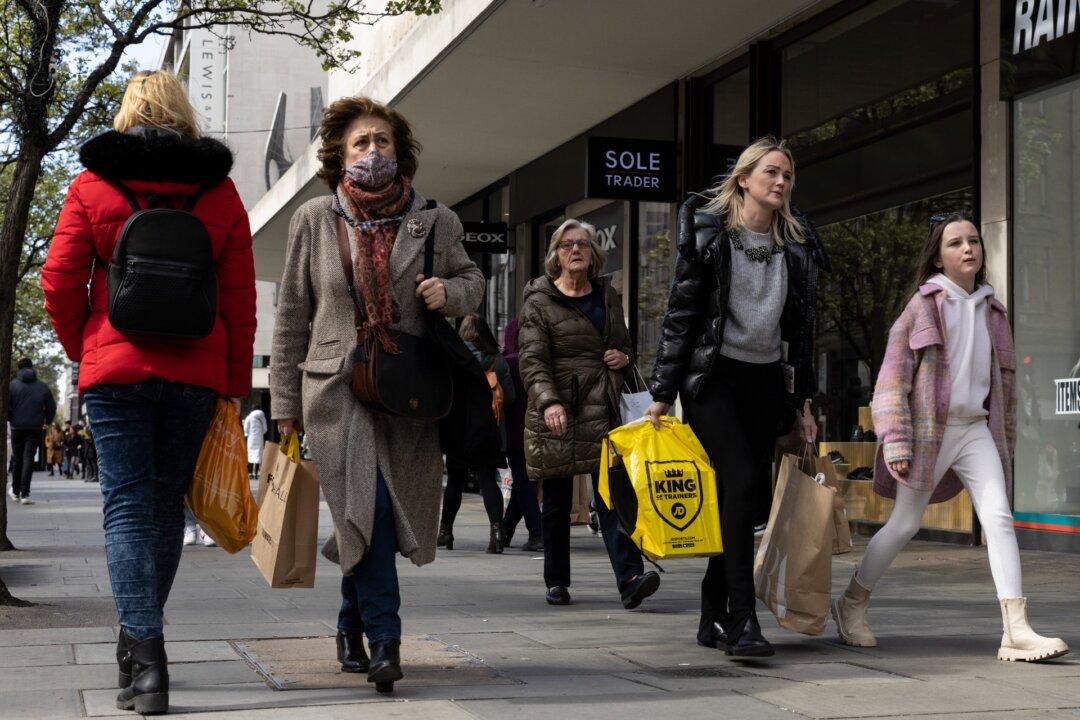Consumer confidence in the UK has dropped to the lowest level since records began nearly five decades ago, business intelligence firm Growth from Knowledge (GfK) has said.
GfK’s long-running Consumer Confidence Index decreased two points to minus 40 in May, the lowest score since records began in 1974.





